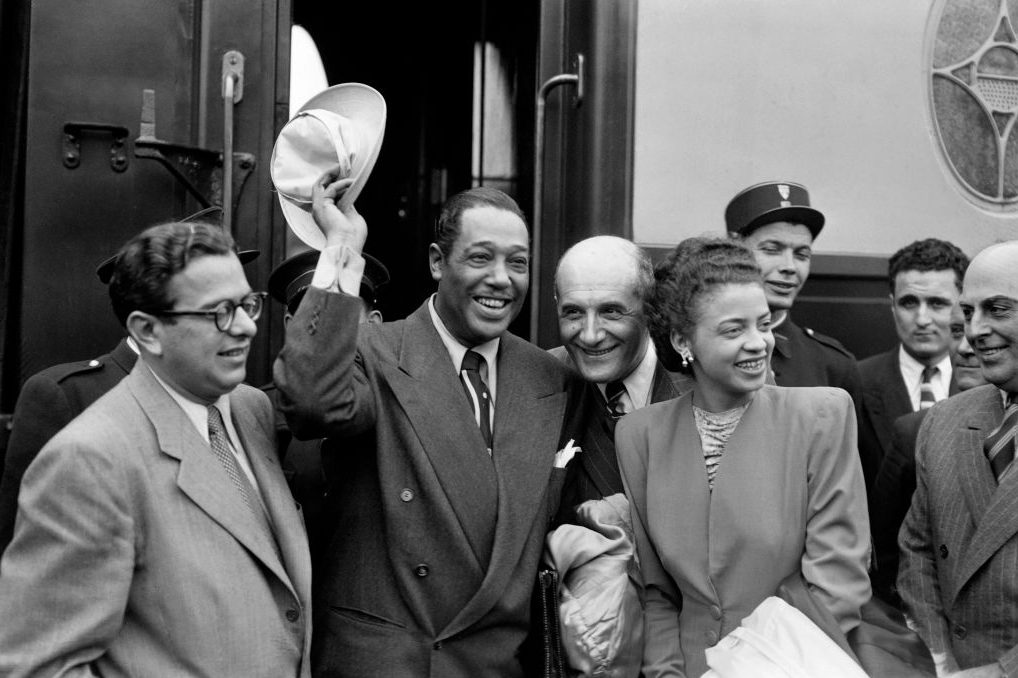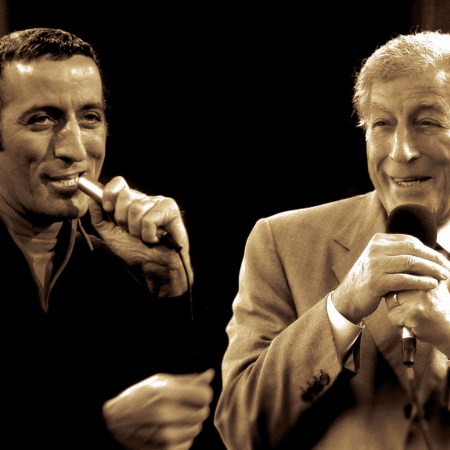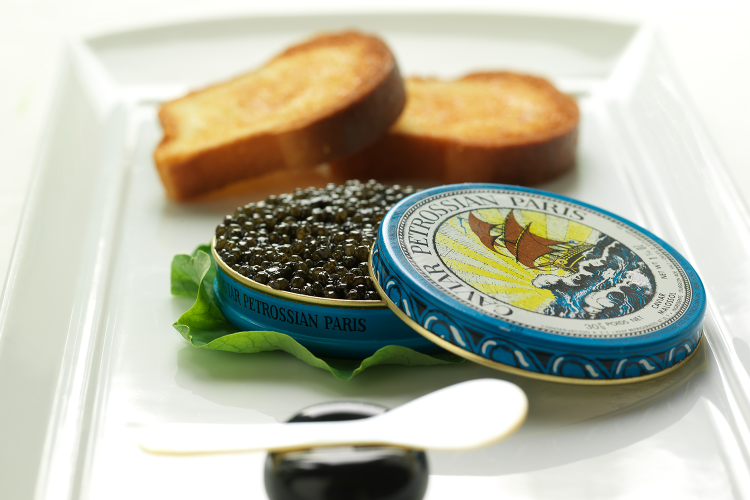Had he only been a composer, musician or bandleader, Duke Ellington would still occupy a rarefied place in the annals of 20th century music. The fact that he was all three, however, makes him that much more of a musical icon. But while Ellington was an acclaimed public figure during his lifetime, one high-profile honor eluded him: the 1965 Pulitzer Prize for Music.
In 1965, the music jury unanimously recommended that Ellington receive the award. The advisory board, however, turned down their recommendation; that year, no award was given. In the aftermath of that decision, two of the members of the music jury resigned.
Now, noted jazz writer Ted Gioia is looking to rectify things. Using the Olympics’ recent reinstatement of two gold medals won by Jim Thorpe as a model, Gioia has created a petition urging the Pulitzer Board to retroactively honor Ellington. “Giving him the 1965 prize is the right thing for Duke Ellington, the right thing for the Pulitzer, and the right thing for American music,” Gioia writes. It’s hard to argue with any of that.
Gioia himself is the author of several acclaimed books about jazz, giving this effort no small amount of momentum. In an article on his Substack, he provided more details about the Pulitzer Board’s controversial 1965 decision. As Gioia writes, had Ellington received the 1965 Pulitzer, “it would be the first time a jazz musician or an African-American received this prestigious award.”
Ellington’s response to the Pulitzer Board’s decision at the time led to a comment that’s taken on a life of its own in the decades since. “Fate is being kind to me. Fate doesn’t want me to be famous too young,” Ellington said. (He was 66 at the time.) Almost 60 years later, it feels like the right time to address a historical oversight and give a musical legend his due.
Thanks for reading InsideHook. Sign up for our daily newsletter and be in the know.


















